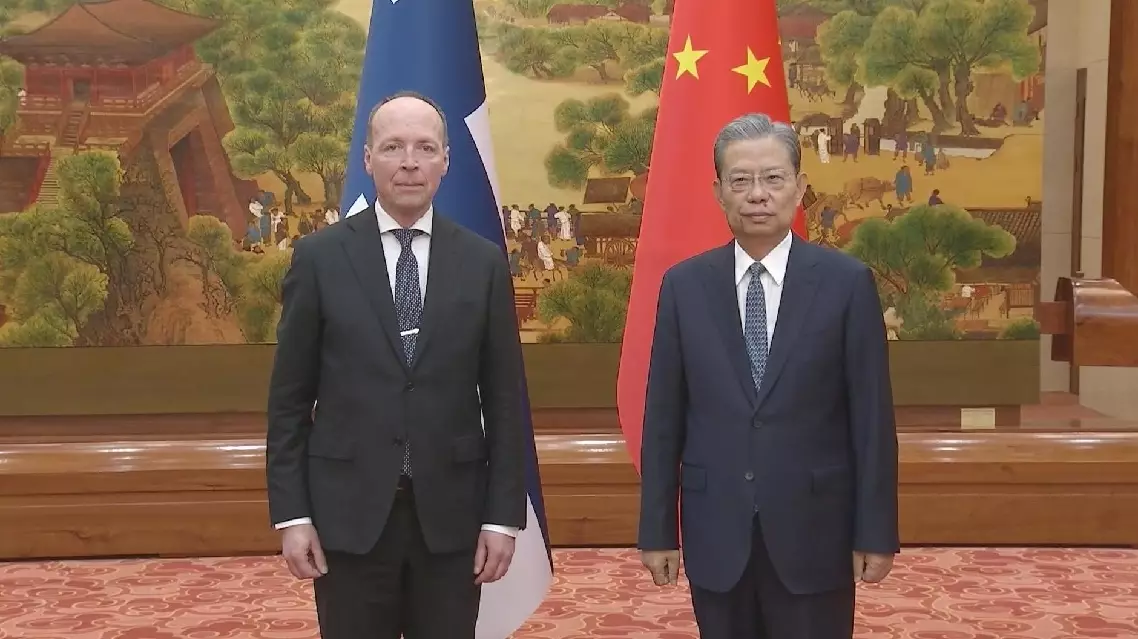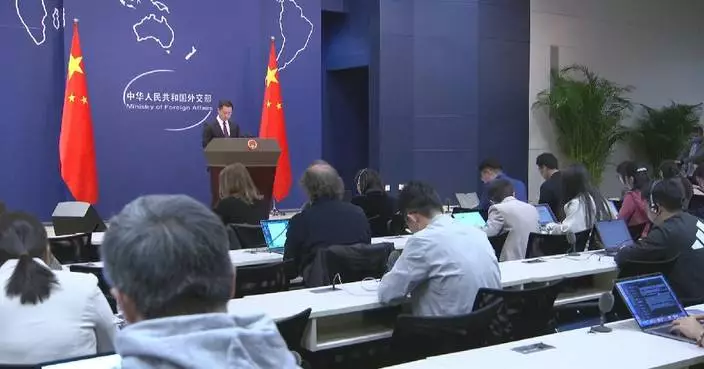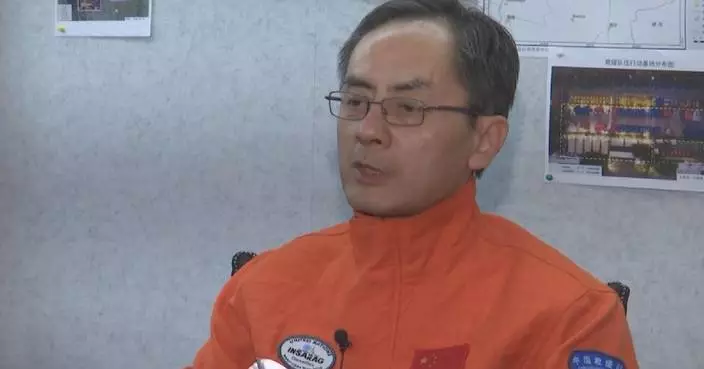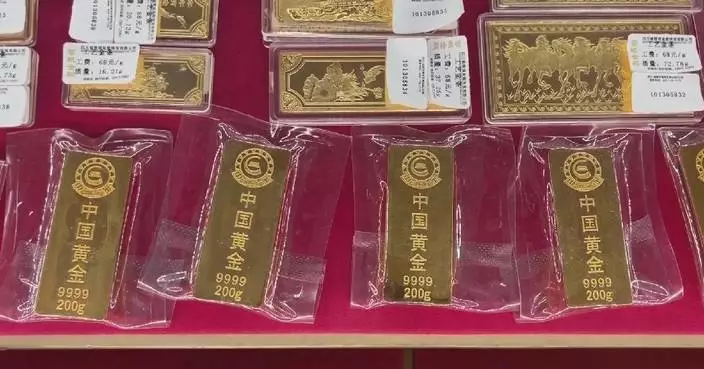Recent discoveries comparing rice bred in space with those grown on the ground demonstrate the feasibility of space rice breeding and subsequent cultivation upon return to the Earth, marking a significant stride in advancing research on space food security, according to a researcher at the Chinese Academy of Sciences.
The researchers at the academy explained that 59 rice seeds bred in the space station represent the first generation, nearly 10,000 seeds bred in the artificial climate chamber constitute the second generation, and the seeds for the upcoming harvest in the farm fields are the third generation.
By conducting comparative studies between space-bred rice and ground-grown rice, researchers have made new discoveries.
Under microgravity conditions in space, rice seed embryos develop normally, capable of growing into vigorous offspring. Moreover, plants from the second-generation space-bred rice seeds exhibit significantly more tillers than their ground-grown counterparts. This experiment confirms the potential to cultivate robust rice seeds in space.
"We observed significant differences in growth between plants in space and on the ground, particularly in terms of plant structure. In space, the angle between the leaves becomes notably larger, unlike the more compact growth seen on the ground. The larger leaf angle has a significant impact on high-density plant cultivation, as it obstructs the leaves from effectively carrying out photosynthesis by shading each other, thereby greatly affecting their growth," said Zheng Huiqiong, a researcher with the Center for Excellence in Molecular Plant Sciences under the Chinese Academy of Sciences.
Researchers conducted further analysis of leaf angle differences using molecular biology techniques and identified key genes. Consequently, it will be possible to genetically modify space-bred plants through molecular pathways to adjust their leaf angles to resemble those bred on the ground, facilitating high-density planting.
Besides, researchers have also observed changes in the morphology of space-grown rice.
"These are also photos taken by the space camera, showing that most of the rice husks cannot close. On the ground, once the seeds are pollinated, they immediately close. However, in space, even when they mature, the rice husks cannot close. This is mainly due to the elongation of the outer husk compared to the inner husk, preventing closure. We are currently researching the molecular biology mechanisms behind this phenomenon," Zheng said.
Researchers have also discovered that the nutrient composition of rice grown in space has undergone changes, with space-bred rice potentially having a sweeter taste.
"Upon the return of the seeds, we split the rice grains in half and scanned them to examine the starch morphology and sugar content, which were found to be different. The seeds from space had significantly higher levels of glucose and fructose compared to regular ground-grown seeds, with calculations showing an approximately five to six-fold increase. Additionally, although the starch content was similar, the starch composition differed, and there was also a slightly higher protein content. Due to the significantly higher levels of glucose and fructose in the space-bred seeds compared to those on the ground, they should taste very sweet if these space-bred seeds were cooked," Zheng said.
The 120-day rice experiment conducted in China's space station in 2022 marked the first instance globally where the entire life cycle of rice, from seed to seed, was successfully cultivated in orbit. Prior to this breakthrough, experiments on the space station had only achieved the cultivation of Arabidopsis, rapeseed, peas, and wheat from seed to seed.
So far, Chinese researchers have successfully grown rice in space, and experimental results have shown that these rice seeds also have reproductive capabilities after returning to the Earth. In the future, the research team will delve further into studies surrounding space food security.
"Light is particularly crucial because rice undergoes photosynthesis, necessitating a relatively high requirement for sunlight. As planting rice in space is conducted in an artificial environment, a specific selection process and modifications are required to help the rice adapt to artificial lighting conditions," Zheng said.
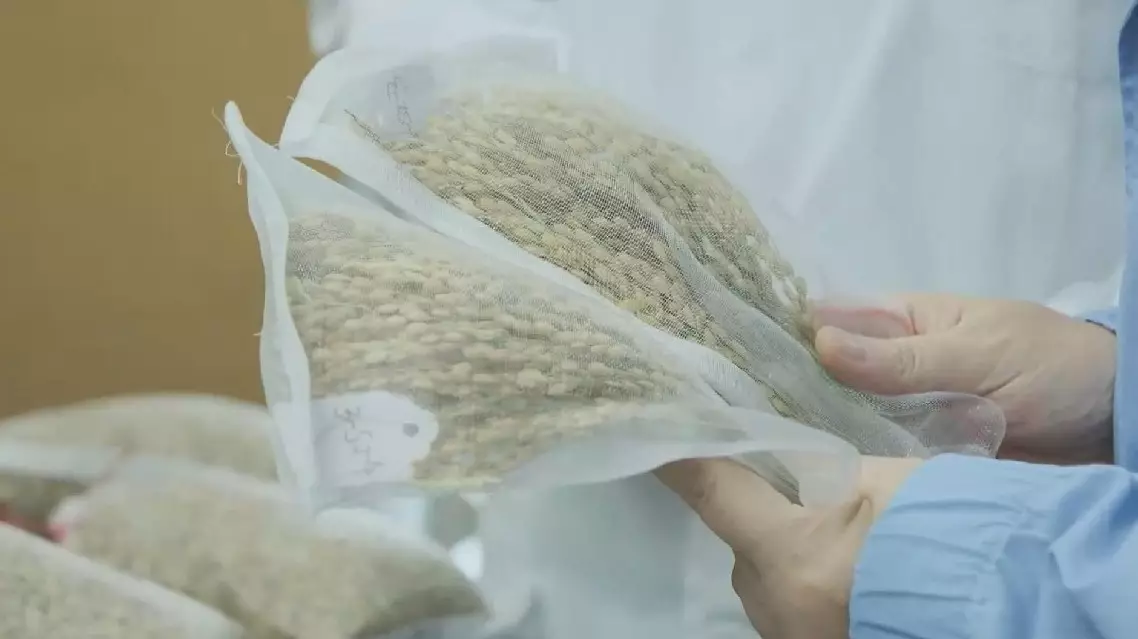
New discoveries in space-bred rice mark progress in space food security research
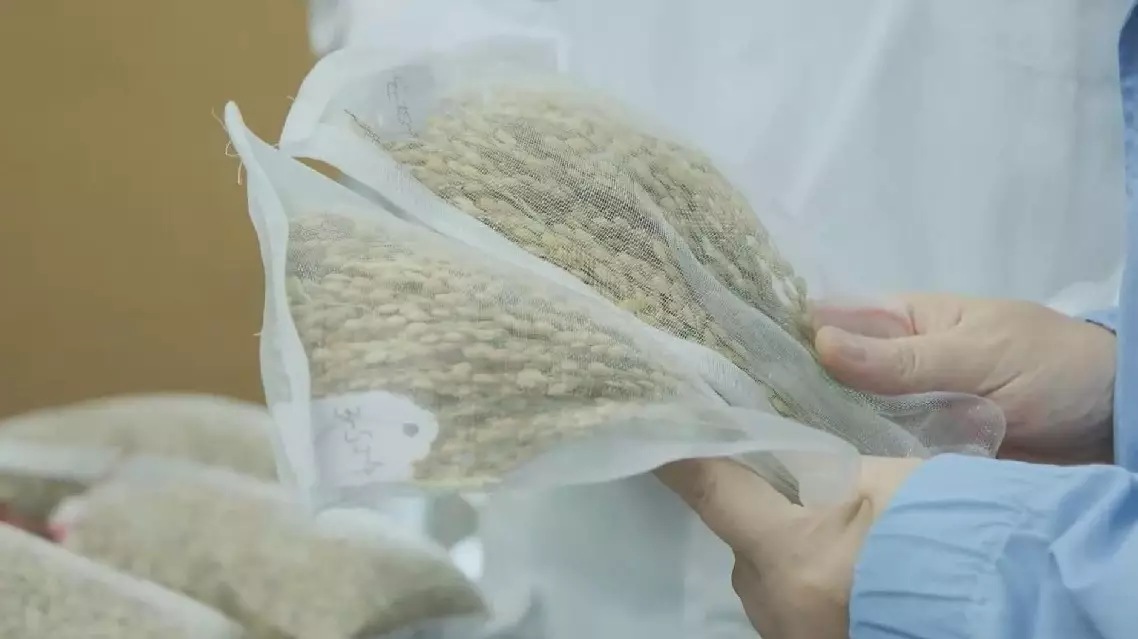
New discoveries in space-bred rice mark progress in space food security research



